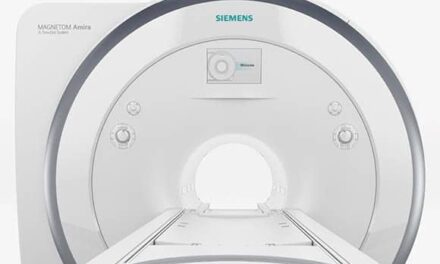 Don’t you just love it when you complain about your work to someone and they respond by saying, “You don’t have it so bad”? Twelve years ago, I would have disliked that sort of response as well. But after witnessing the working conditions of biomedical equipment technicians in many developing countries around the world, I feel that, “You don’t have it so bad” is an appropriate response to most of the complaints we tend to make in the United States.
Don’t you just love it when you complain about your work to someone and they respond by saying, “You don’t have it so bad”? Twelve years ago, I would have disliked that sort of response as well. But after witnessing the working conditions of biomedical equipment technicians in many developing countries around the world, I feel that, “You don’t have it so bad” is an appropriate response to most of the complaints we tend to make in the United States.
The following is just a small sample of the conditions that I have encountered in my international work with ORBIS (www.orbis.org), a nonprofit organization that strives to eliminate avoidable blindness and restore sight in the developing world, which is where 90% of the world’s blind live.
Pay
I have met biomedical equipment technicians who earn as little as $30 per month. Granted, the cost of living in many countries is less than it is here, but still, is this for real? Many of these technicians work for government institutions in order to receive benefits such as a pension, but they have to make a real salary in the evenings and weekends by driving cabs or fixing televisions.
Hierarchy
In many cultures, people with engineering degrees do not like to get their hands dirty. So this means that if you are a technician working in a two-person department, where the other person happens to be an engineer, you may have to do all of the work, while your engineer coworker either supervises you or reads the newspaper.
Trust
Many physicians do not let technicians touch “their” equipment because they don’t trust the technicians’ abilities to fix it. Perhaps they once had a bad experience where the technician made the equipment worse, but, hey, doesn’t that happen to all of us at some point or another, including physicians? How can you learn to fix something unless you can put your hands on it?
Spare parts
Would you be patient enough to wait a whole year for a spare part? This actually happens. Some procurement bureaucracies are so convoluted and require many levels of approvals. Furthermore, some hospitals do not have a real budget for vendor service or repair parts, so waiting for funds to become available is a daily struggle. I know of one major tertiary hospital in Africa where the entire budget for equipment repairs is $100 per year. That should cover a bulb or two.
Information
Have you ever tried to fix something with a manual in a language you do not understand or with no manual at all? This is commonplace in the developing world. Somehow, vendors and donors do not see the need to provide manuals in the correct language, and the buyers don’t know to ask. And try calling an American or European company from Southeast Asia by using the toll-free number listed for technical support.
There’s no such thing for overseas countries; they have to pay long-distance telephone charges, provided that there is a phone in the hospital from which they can make long-distance phone calls.
Facilities
If you feel bad about working in a shop in the basement of your hospital, try working in a tin shed with no running water, no ventilation, holes in the roof, and a few 20-watt bulbs as your source of illumination. Tools may consist of a rusty set of screwdrivers and pliers. Test equipment or computers?—forget about it.
On call
At a hospital in the Caribbean, I met some technicians who do not have pagers, cell phones, or cars, and who take turns being on call for after-hours and weekends. This means that they have to stay at home all night or all weekend in case they get called. If they do get called, an ambulance from the hospital will come and pick them up.
We really don’t have it so bad.
Ismael Cordero, CBET, is a clinical engineer at ORBIS International in New York City. He has worked with ORBIS since 1994 traveling to many countries, providing training and support for biomedical engineering professionals. Prior to ORBIS, he worked as a senior biomedical equipment technician for several hospitals in Philadelphia.
|




